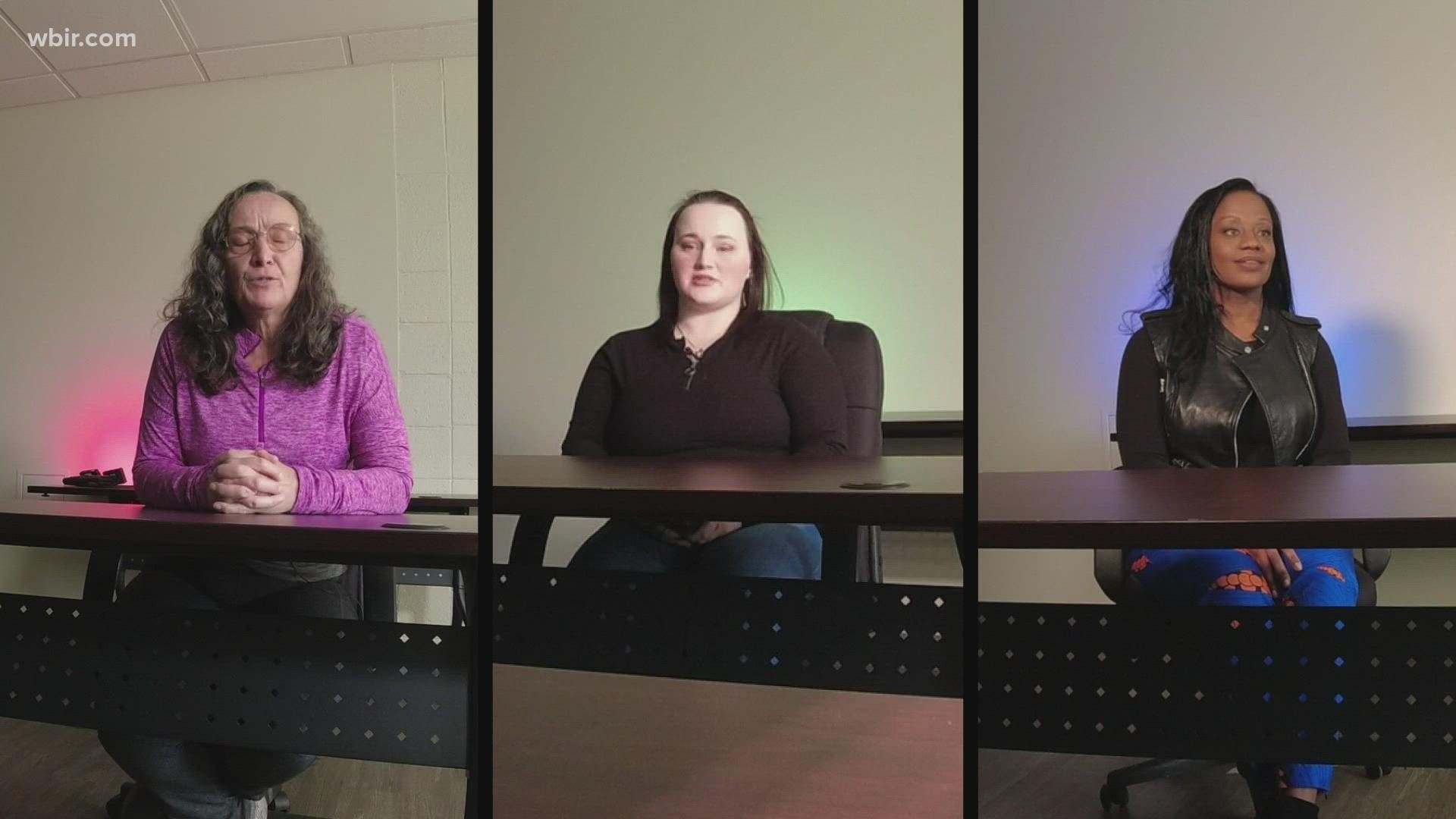OAK RIDGE, Tenn. — Barbara Hale is familiar with nursing shortages. It's why she moved to the United States from Ireland in 1987.
"Times got somewhat better... then it leveled out," she said. "Then, it started to get to where we were short-staffed again."
That was before COVID-19. She said it's only getting worse two years into the pandemic.
"COVID isn't the problem anymore," Hale said. "COVID is the straw that broke the camel's back."
She doesn't want to quit because she loves the nursing profession. Instead, she's scaling back her hours.
"I protect my mental health by not working to the extent that I'd be totally exhausted," she said. "With each wave, there are more people who throw up their hands and go, 'I can't do this anymore.'"
She and the other nurses don't know when the Omicron variant will peak in their hospitals.
"We keep hoping that we are seeing the peak. We keep hoping that this is the last wave," she said. "But, we are preparing for the next wave."
Claudia Burton became a nurse because she loves helping people. Now, she's treating more people than she ever imagined.
"It completely changed when COVID hit," she said. "We are getting hammered and everybody has COVID."
Burton works in the emergency department at Methodist Medical Center in Oak Ridge. She and her colleagues are tired.
"We are burnt out. We are exhausted," she said. "My life is literally working at the hospital, just as my other colleagues are."
She said she often works four or five 12-hour shifts a week to compensate for the staffing shortages they're experiencing.
"We have lost so many nurses in our hospital and I'm sure it's like this everywhere," Burton said. "Every single floor doesn't have enough staff."
She said they need more support from upper management to prevent losing even more people.
"We will get through it, but we need a little help," she said. "There is going to have to be a major push into keeping us and into keeping us from burning out."
Bethany Englehardt thought she'd follow in her mom's footsteps and become a nurse in a hospital. Then, she started working inside a COVID-19 unit.
"Some of those patients, they don't leave. They don't get the chance to go home," she said. "They won't get to go home again to hug their family or tell their family they love them and it hurts."
She still works at the hospital part-time but is working towards a career in mental health instead.
"I can't do the death anymore and I know a lot of nurses who also say the same thing," she said. "It takes a little piece of them every time that they watch something happen."
She said she'll continue fighting for her patients and the community she loves. Still, Englehardt said they need more support.
"We're not going to give up just because we're tired," she said. "We're still here. We're still fighting for our patients. We're still fighting for our community. But, we need help."

